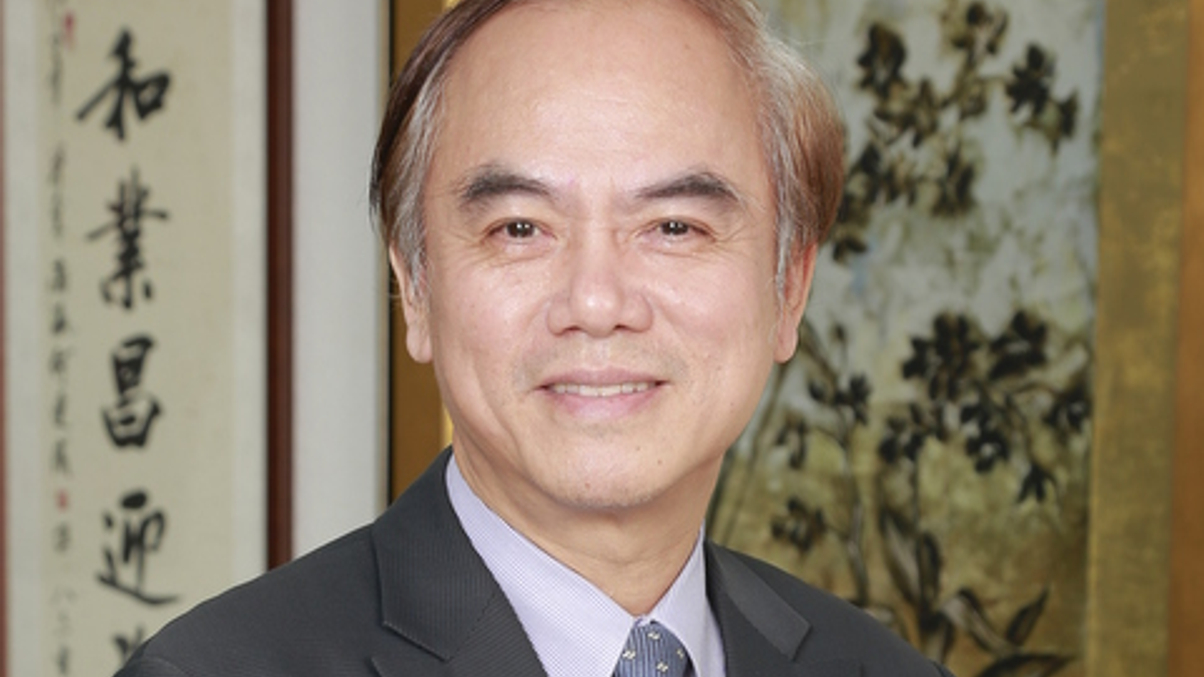award
BLF head, HKMA scoop AsianInvestor awards
Hong Kong Monetary Authority is named reserves management institution of the year, while the director general of Taiwan's Bureau of Labor Funds is recognised for his individual contribution.

The Hong Kong Monetary Authority and Huang Chao-hsi, director general of Taiwan's Bureau of Labor Funds, have been honoured in AsianInvestor's Institutional Excellence Awards this year.
Sign in to read on!
Registered users get 2 free articles in 30 days.
Subscribers have full unlimited access to AsianInvestor
Not signed up? New users get 2 free articles per month, plus a 7-day unlimited free trial.
¬ Haymarket Media Limited. All rights reserved.


